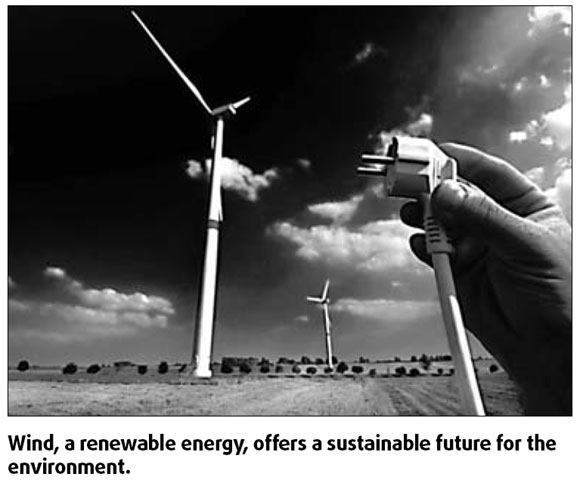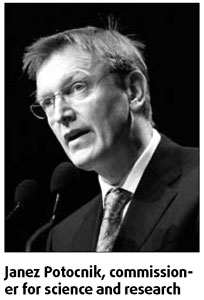Exchange in sciences crucial to sustainability

The EU identified transformation into a knowledge economy as central to its global competitiveness and indispensable for securing a sustainable future when EU leaders decided to launch the so-called "Lisbon strategy" at the turn of the last century. The "knowledge triangle" of research, education and innovation was seen as vital for creating a sustainable future, supporting jobs creation and promoting economic development.
As a result, scientific research and knowledge development is now a major policy of the EU. The main funding instrument to assume these tasks is the Seventh Framework Program for Research and Technology Development (FP7), which has a budget of $ 86 billion over seven years (2007-2013).

We believe that openness, cooperation and competition on the basis of excellence are indispensable for its success. International cooperation is a key ingredient of this openness. Not a single country in the world can address today's global issues such as climate change, energy supply and health problems alone. Global issues call for global responses.















